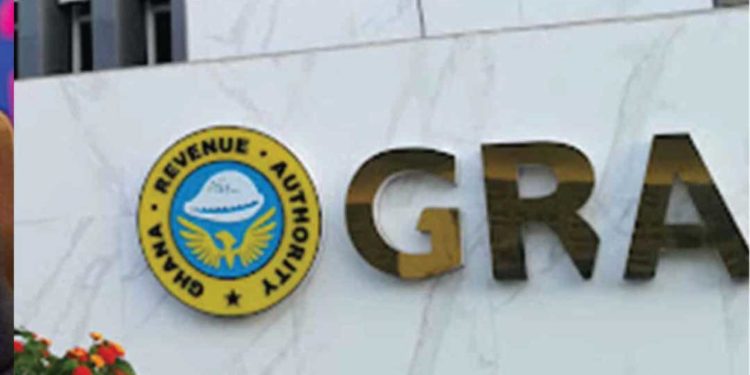GRA Targets September 2025 Completion for VAT Reforms Ahead of 2026 Budget Implementation
The Ghana Revenue Authority (GRA) has announced that work on the proposed Value Added Tax (VAT) reforms is progressing steadily and is expected to be concluded by September 2025. The reforms are scheduled for full implementation in the government’s 2026 economic policy and budget.
Commissioner of Domestic Revenue at the GRA, Edward Apenteng Gyamera, disclosed this to Joy Business after a stakeholder engagement session with traders and business associations in Accra. The meeting forms part of a nationwide consultation process to solicit input from various economic actors affected by the VAT regime.
The Ministry of Finance initiated the VAT review after identifying distortions in the payment processes that have persisted since the tax’s implementation over a decade ago. The planned reforms are aimed at broadening the tax base and enhancing revenue mobilisation, with expectations that VAT contributions to domestic revenue will increase by more than 20%.
“This is part of the process to get every stakeholder’s input on the upcoming VAT reform by the Ministry of Finance,” Mr. Gyamera explained. “In all, we have four engagements in Accra and others in Kumasi, Takoradi, and Tamale before releasing the final draft in the next few weeks. We should also bear in mind that these are just proposals and not final decisions.”
He assured participants that most of their inputs would be considered in shaping the final policy, while the GRA would provide clear explanations for suggestions that may not be adopted.
The reform process has also attracted the attention of Ghana’s development partners, including the International Monetary Fund (IMF). Earlier this year, IMF officials held discussions with the Ministry of Finance to offer technical insights into the planned overhaul.
According to the GRA, the IMF’s recommendations will be carefully evaluated before any final decisions are made.
The VAT reforms form part of broader government efforts to strengthen domestic revenue mobilisation, a key pillar in Ghana’s ongoing economic recovery and fiscal consolidation programme.








